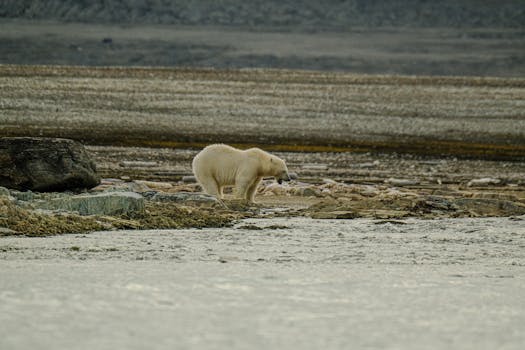
Climate change has become one of the most pressing issues of our time, affecting various aspects of life on Earth. The impact of climate change on global ecosystems is profound and multifaceted. This article delves into the various ways climate change alters ecosystems, the species that inhabit them, and the overall health of our planet.
Understanding Climate Change

Climate change refers to long-term alterations in temperature, precipitation, wind patterns, and other elements of the Earth’s climate system. The primary driver of recent climate change is the increase in greenhouse gases such as carbon dioxide and methane, primarily due to human activities like fossil fuel combustion, deforestation, and industrial processes. This leads to global warming, which in turn affects ecosystems across the globe.
Effects on Biodiversity

The rising temperatures and changing precipitation patterns due to climate change have direct consequences on biodiversity. Many species are unable to adapt quickly enough to these changes, leading to shifts in population dynamics and even extinction. The International Union for Conservation of Nature (IUCN) reports that around one million species are currently threatened with extinction due to climate change and habitat loss.
Habitat Alterations

As climate shifts, habitats are altered significantly. For instance, polar regions are experiencing rapid ice melt, which affects species like polar bears and seals that rely on ice for their survival. Similarly, coral reefs, which are highly sensitive to temperature changes, are suffering from coral bleaching, leading to the decline of marine biodiversity and disrupting entire marine ecosystems.
Species Interactions and Ecosystem Services

Climate change also impacts species interactions within ecosystems. Changes in temperature and precipitation can disrupt breeding cycles, migration patterns, and food availability, leading to mismatches in predator-prey relationships and pollinator-plant interactions. These disruptions can compromise ecosystem services such as pollination, water purification, and carbon storage, which are vital for human survival.
Conclusion

In conclusion, the impact of climate change on global ecosystems is profound and far-reaching. It threatens biodiversity, alters habitats, and disrupts crucial species interactions. Addressing climate change is essential not only for the health of ecosystems but also for the overall well-being of humanity. Mitigating its effects requires concerted global efforts to reduce greenhouse gas emissions and protect vulnerable ecosystems.



